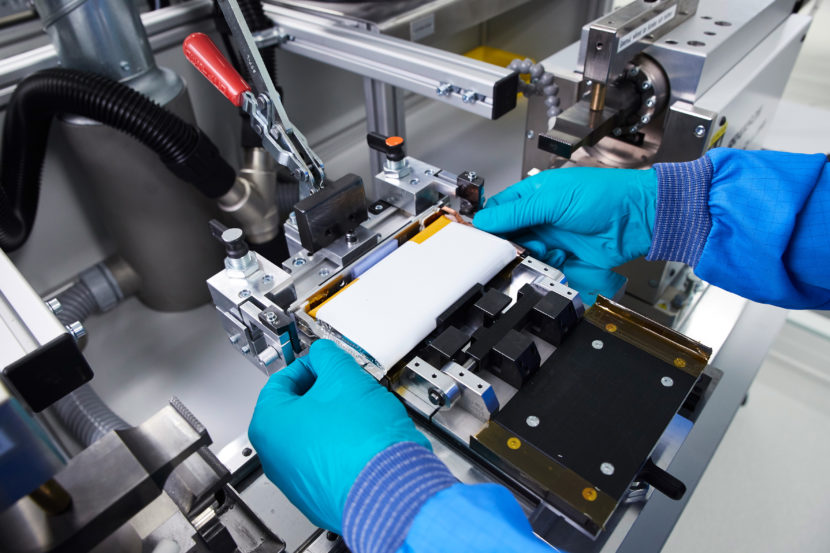BMW i Ventures announced yesterday an investment in CelLink, a San Carlos, CA-based manufacturer of flexible circuit technology that delivers high-conductance, large-area, lightweight, and low-cost flexible circuits through a proprietary combination of manufacturing processes, designs, and materials.The investment arm of BMW, aimed at finding advanced technologies and trailblazers for the Bavarian Group participated in a $22.5 million Series B funding round alongside Ford Motor Co. and Robert Bosch Venture Capital.
The new funding is aimed at ramping up production of large-area flexible circuits for power and data transmission and will support CelLink’s operations as it scales up existing production contracts and transitions several projects into full-scale production. CelLink will continue to ramp production in its first manufacturing facility through 2019, and the company intends to bring a new production facility online in the 2020-21 timeframe to meet additional demand.
“We believe CelLink’s technology will transform wire harnessing from an ‘old school’, simple technology to a more advanced, integrated, multi-purpose, flexible circuit technology with more functionality and lower cost. Automotive wiring is finally becoming high tech,” stated Marcus Behrendt, Partner at BMW i Ventures. “CelLink was founded eight years ago on the premise of providing interconnect solutions to the solar industry. We are thrilled that the core innovations that we developed have evolved into a new type of flexible circuit that addresses the growing challenges of vehicle wiring and light-weighting, battery wiring, and energy-efficient lighting applications,” commented CEO and co-founder Kevin Coakley.
The US-based company is specialized in creating lightweight, low-cost circuits which can be used to replace bulky harnesses used on cars today. Conventional wiring is to be replaced in the near future with thin conductive circuits sandwiched between two sheets of flexible plastic. This way, the company claims it can reduce weight brought on by circuitry by anything between 70%-90%.





































































